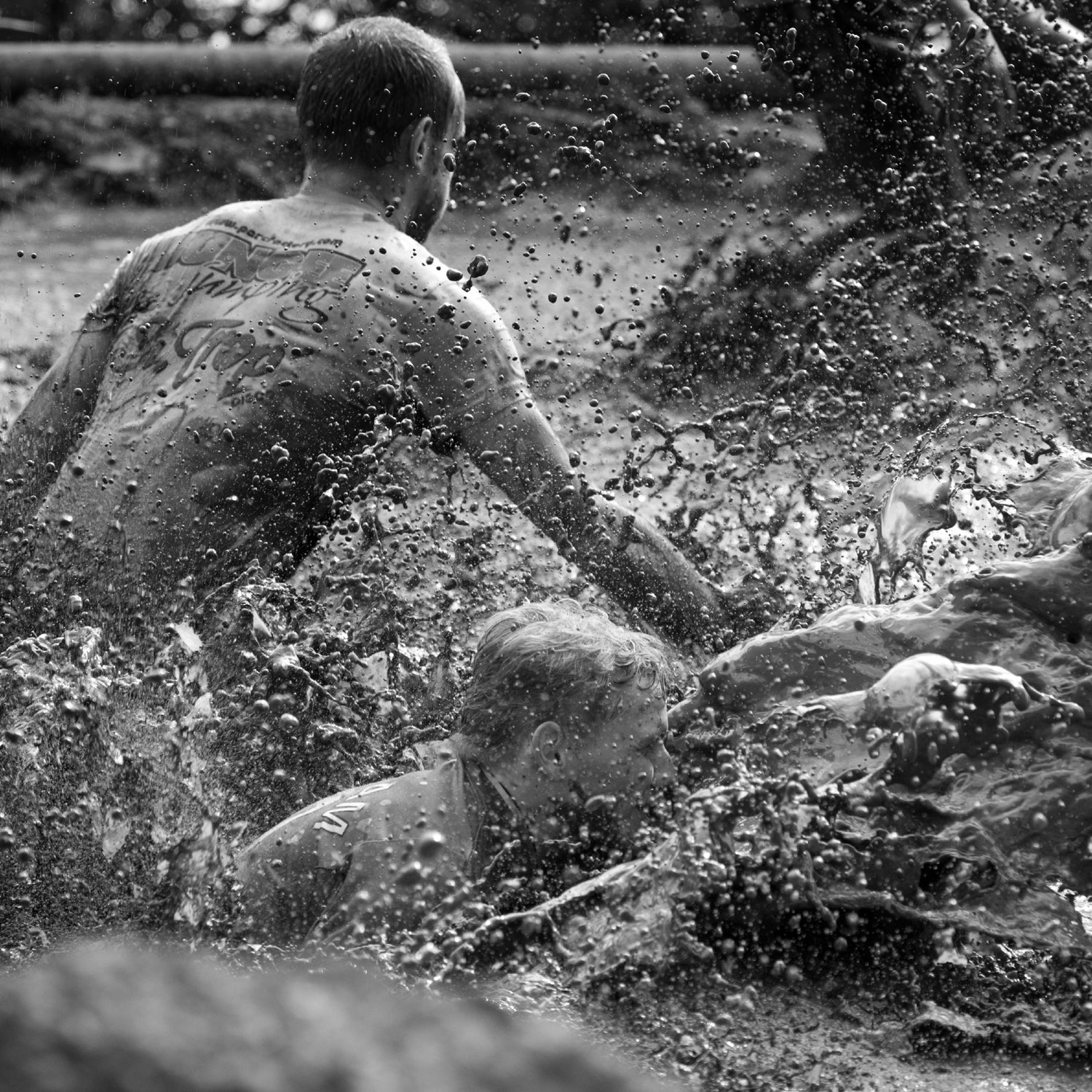The phrase “no pain no gain” is used so often in sports it should be called The First Commandment of Training. Born from philosopher Friedrich Nietzsche’s equally oft-repeated maxim “That which does not kill us makes us stronger,” what it’s really saying is this: you must suffer to reach your potential, both in sports and in life.
That is why, after outlining a most poetic history of suffering in cycling, it was surprising to see VeloNews author Ryan Newill conclude that the word “suffering” . Newill’s issue? The word is best reserved for athletes with severe mental health issues, like the late Marco Pantani, or people who have experienced terrible accidents, such as the families of cyclists killed on their bikes, rather than athletes who regularly find joy after a finite period of self-inflicted pain.
There is one big problem with this assumption, however: suffering is not absolute. There is no universal threshold above which something can be called suffering. We learned this when high-income earners they suffered when their annual pay was slashed to somewhere around $300K. Bloomberg quotes a blog post from M. Todd Henderson, a University of Chicago law professor, who explained the relativity of suffering like this: “Yes, terminal diseases are worse than getting the flu. But you suffer when you get the flu.”
Endurance athletes have embraced the word because there’s a mental aspect to it that so perfectly captures the depth to which they must push to be their best.
Of course you suffer when you experience tragedy. But that doesn’t mean you can’t also suffer during a tough workout or competition. And self-infliction doesn’t disqualify something as suffering. Those one-percenters tormented about taking their kids out of private school were clearly causing their own feelings of suffering. But just because that seems ridiculous to outsiders looking in doesn’t mean their suffering wasn’t real to them.
Perhaps the issue here is “suffering” isn’t the best word for the dire situations Newill references. You could blame athletes for co-opting it and using the word so much in a sports context that it’s lost its meaning otherwise. Like the way comedian Louis C.K. says we’ve robbed the word “awesome” of its value by wasting it on trivial things like a basket of chicken wings.
But suffering isn’t wasted on sports. Endurance athletes have embraced the word because there’s a mental aspect to it that so perfectly captures the depth to which they must push to be their best. I challenge you to read this excerpt from Bradley Wiggins’ new book, , about the final seven minutes of his successful hour record attempt and say he didn’t suffer.
Of course, Wiggo’s effort came with many rewards: the immediate euphoria upon finishing, the sublime satisfaction of achieving what he set out to do. But because his suffering came with those rewards doesn’t mean what he did wasn’t suffering, it’s simply proof that he’d pushed himself to the depths of his mental and physical limits.
Every athlete deserves those rewards—that moment of euphoria that can only come from knowing you went your hardest. The joy of knowing you gave it your all, turning mental adversities into athletic triumph. That is why, a little every day in training and at your races, I hope you suffer.


